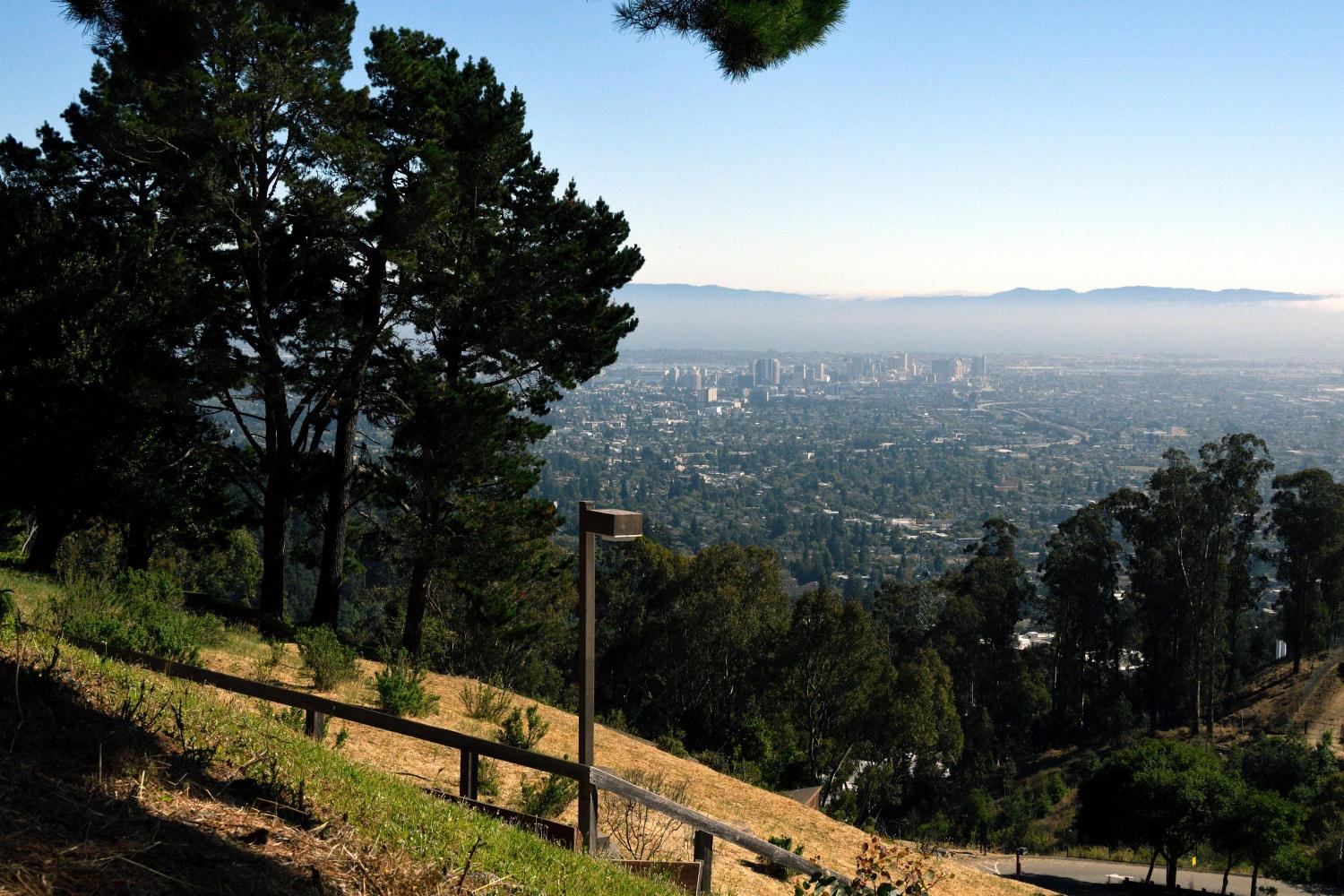
Will the home of the future be one without gas stoves, heating units and water boilers? It will be if you decide to purchase a new home in Berkeley, California, which just became the first city in the country to ban the use of natural gas in new buildings. This is a groundbreaking move that could herald a new era of construction—one that results in the adoption of more sustainable sources of fuel and electricity across the country.
“Berkeley has a long history of being the first in the nation to do something, from implementing curbside recycling in the early 1970s to eliminating Styrofoam in the 1980s,” Berkeley Mayor Jesse Arreguin said in a press statement. “This week, history is repeating itself with our vote to prohibit natural gas in new construction.”
Until relatively recently, natural gas has mostly been ignored as a primary climate change culprit. For years, the climate movement focused on more emissions-intensive fossil fuels such as coal. Some even considered natural gas a “bridge fuel” between coal and renewables, as it could fill in energy demands with lower emissions until solar and wind power were ready to pick up the slack.
That argument is not heard much anymore. Part of the reason is because the United States has successfully shifted more electricity production away from dirty coal. Coal consumption for power generation fell from a peak of 1,045 million short tons (MMst) in 2007 to an estimated 739 MMst in 2015, and is expected to drop all the way to 651 MMst by 2020, according to recent data from the U.S. Energy Information Administration.
The other reason is natural gas is not actually that sustainable, nor climate-friendly, in the long term. The fracking boom has devastated landscapes across the U.S., with strong evidence of groundwater pollution and even earthquakes due to land instability. Moreover, the venting and flaring of natural gas into the atmosphere by drillers is now a key contributor to the U.S. carbon footprint, and may be negating any climate benefit from natural gas’s relatively cleaner profile.
That is why, over the past few years, a new movement has emerged to shift U.S. energy away from natural gas just as the country had been shifting away from coal. It is no surprise that it was a city that made the first move to reduce natural gas consumption. Cities have been at the forefront of climate action, particularly after a certain climate-denying president took office in 2017. Through partnerships like the C40 Cities Climate Leadership Group, over 100 cities have committed to 100 percent clean energy while others have pledged carbon neutrality. And there are already signs that other cities are looking to follow Berkeley’s move.
“Given the urgency of reducing emissions to avoid the worst impacts of global warming, Berkeley’s ordinance is significant because it sets in motion what could be a huge breakthrough in building decarbonization,” Mark Specht, an energy analyst at the Union of Concerned Scientists, wrote in a blog post last month.
If cities are to meet their climate targets, they’ll need to dramatically cut natural gas consumption. Berkeley estimated that an astounding 27 percent of the city’s greenhouse gas emissions came from natural gas. Meeting its own pledge means ensuring less natural gas usage in residential and commercial buildings.
“Buildings, and the natural gas burned inside, are a big contributor to global warming,” Specht wrote.
There’s another benefit, too. It’s cheaper to build homes without gas hookups, which are also a hazard during natural disasters such as the earthquakes, for which California is at risk. If they are designed properly and are less costly, homes built in the future could both help the environment and address ongoing affordable housing shortages.
Berkeley is not a big city, with a population of just over 100,000, so its impact alone will be small. That is why city leaders hope that other cities will follow and make natural gas-free homes as common as curbside recycling, another Berkeley first, is today.
“What city, county or state will be next?” said Arreguin. “I call upon you to contact your local, regional and state representatives to keep the momentum going.”
Image credit: Mario Mesaglio/Unsplash

Nithin Coca is a freelance journalist who focuses on environmental, social, and economic issues around the world, with specific expertise in Southeast Asia.














